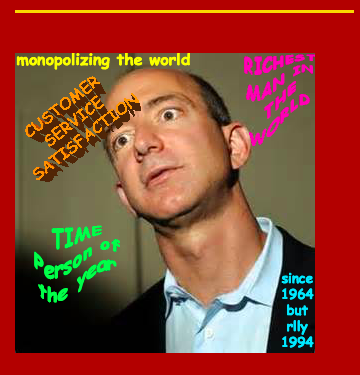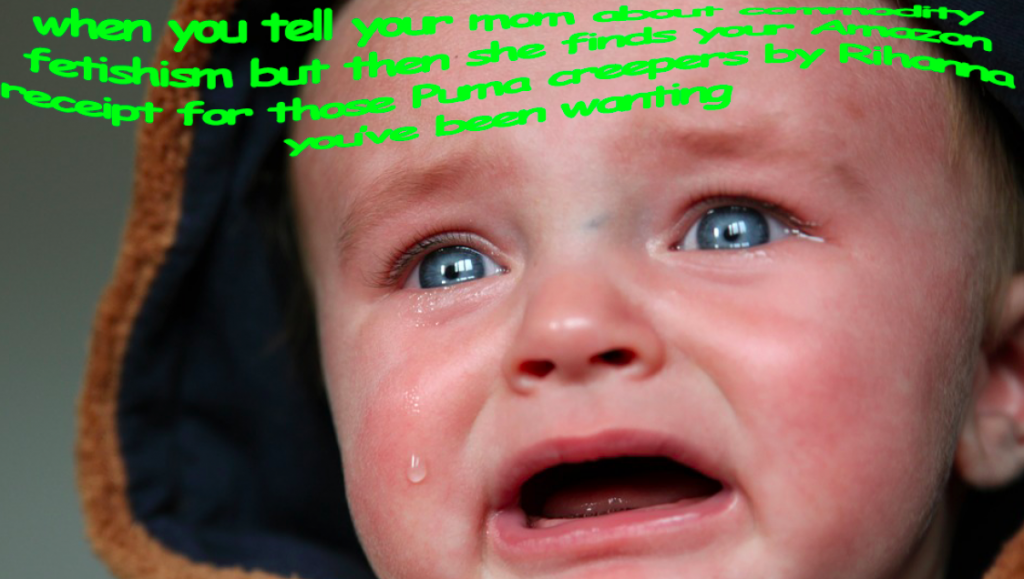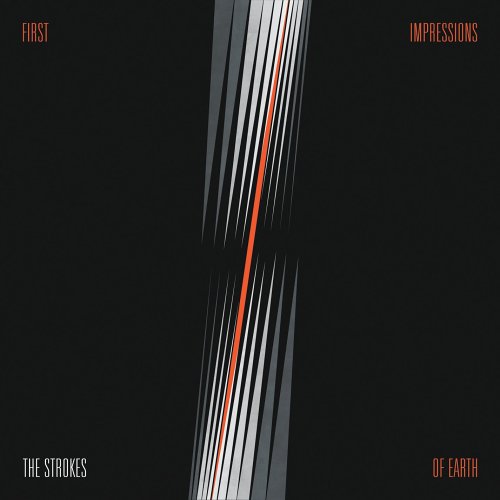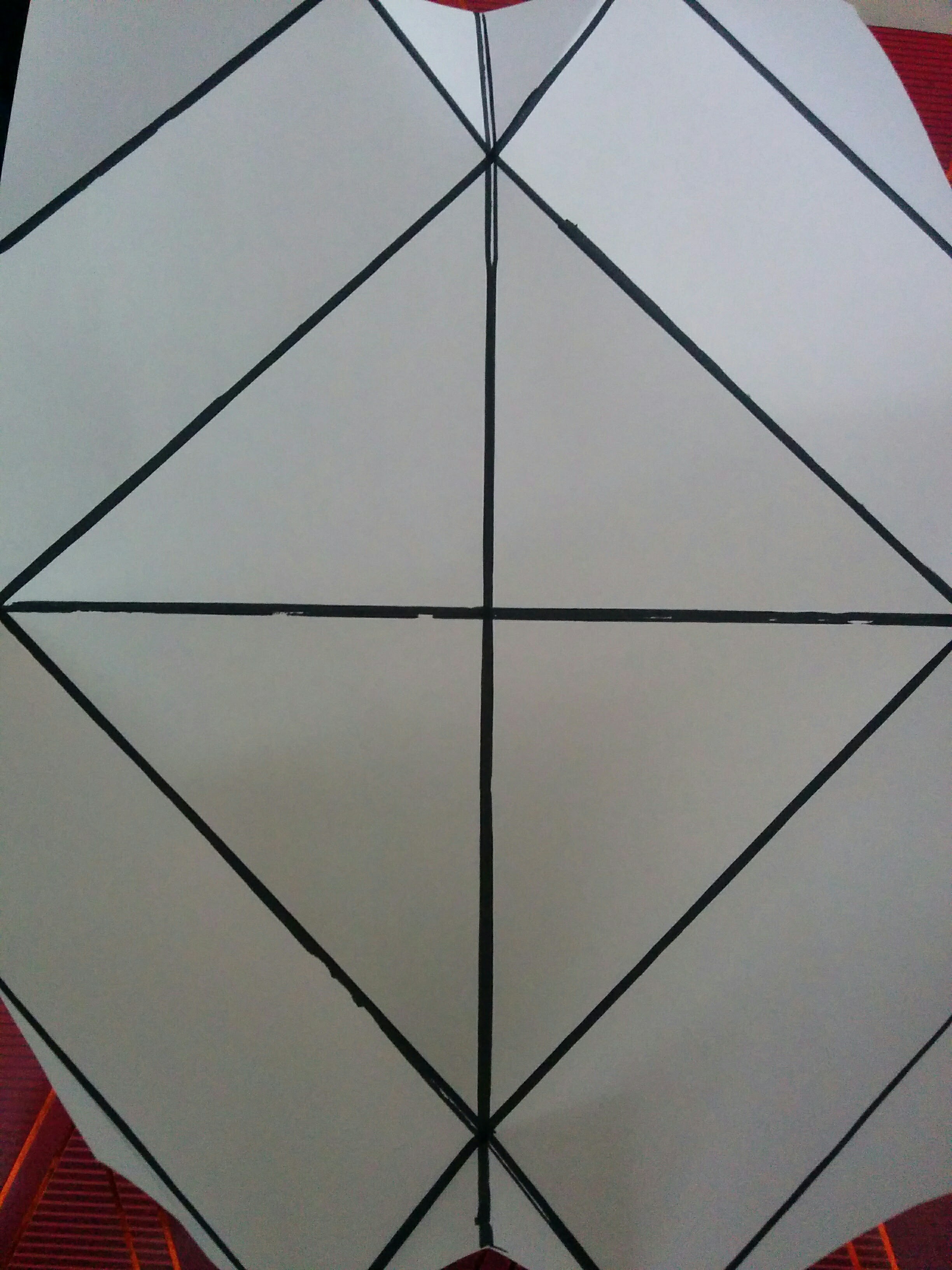https://stealthisspace.wordpress.com/
Economic Memes for Anti-Hegemonic Teens:
“Steal This Space” is a combination of reclaiming space on the internet from hegemonic corporations and spreading communicative content, or memes. In the spirit of Abbie Hoffman’s Steal This Book, “Steal this Space” is my tool for survival in the hegemonies that tell us what to think. I mean that certain institutions have invaded their ways into our daily lives so much that we cannot live without it. Back in the 60s, an invasion of privacy might have been salesman making commission by going door to door. Right now, I feel that an invasion of privacy is seeing advertisements catered to my searches and tastes on Facebook and Instagram. The internet tells me what is stylish and what products are in. They tell me what opinions are popular and whose side I should probably take in political elections. The hegemony ensures that we do not even realize that they’re there. It can be something as essential as Facebook—a corporation that has essentialized its way in our lives—where they provide both relevant news and memes. In a way, Facebook can inject an ideological influence on its users through the combination of advertisements, news, and memes. The hegemony is depicted in John Carpenter’s 1988 film They Live. In the film, the hegemony is made out to be a group of aliens who disguise themselves as the elite. The real hegemony performs in similar manners—with the elite being able to make others obey. To break free from the norm of using Facebook, Twitter, and Reddit as meme-sources I created Steal this Space—an alternative meme platform.
In his manual, Hoffman assumed that “the reader already is ‘ideologically set,’ in that [they understand] corporate feudalism as the only robbery worthy of being called “crime,” for it is committed against the people as a whole.” As Hoffman wrote, “Smoking dope and hanging up Che’s picture is no more a commitment than drinking milk and collecting postage stamps.” This dialogue cannot be something kept indoors—it cannot be an outfit that you wear on Wednesdays every other week. This dialogue is more than a cultural unit, it is a combination of action and dialogue, which is not smoking dope and hanging up a bought poster of Che. To participate in revolutionary culture one must engage in both action and dialogue. Praxis validates a cultural movement through the engagement of dialogue and action. This subjective activity ultimately establishes the movement, and spreading of ideas. It is the philosophy of action that makes the object exist (Marx/Hegel/Gramsci).
This collection, in the tradition of Hoffman and anti-authoritarian free speech, is largely a collection of memes. This is my way of praxis. Praxis through memes brings in Daniel Dennett, a philosopher, and cognitive scientist. In Memes and the Exploitation of Imagination, Dennett suggests that evolution can be applicable to ideas as well as genes. Organic molecules are subject to evolution by natural selection— and “intuitively [ideas] are identifiable cultural units” (Dennett). Richard Dawkins, the author of The Selfish Gene, calls these units memes. Memes are units of cultural transmission, or imitation— “examples of memes are tunes, ideas, catch-phrases, clothes fashions, ways of making pots or of building arches” (Dawkins). If someone finds relatable content on the internet, they will pass it on to their friends or family. The idea begins to propagate so that more and more people will hear about the idea. Dennett uses the slogan “A scholar is just a library’s way of making another library”, which can be narrowed down to suggest that the purpose of information is to be passed along.
Currently, memes are simply the quick images we see on Facebook, Reddit, or Twitter. A meme can range from the corgibutts_official account on Instagram or Pepe the Frog memes on the alt-right abyss on 4chan. Angela Nagle, the author of Kill All Normies, states that “[The] culture of anonymity fostered an environment where the users went to air their darkest thoughts. Weird pornography, in-jokes, nerdish argot, gory images, suicidal, murderous and incestuous thoughts, racism and misogyny were characteristic of the environment created by this strange virtual experiment, but it was mostly funny memes” (Nagle 14). The internet holds spaces for anyone to share relatable content, whether you’re a Richard Spencer or Bernie Sanders supporter. Memes can be both relatable to some and not relatable to others. Sometimes this shareable, relatable content isn’t universally supported by users of the Internet. For example, internet audiences may feel personally attacked hurtful memes that trivialize and invalidate conservative or progressive ideologies. Memes can take on troll-like behavior, which trivializes serious matters for the sake of a shareable joke. Nagle cites Mikhail Bakhtin to explain what internet trolls do, “Carnival laughter is the laughter of all the people. Second, it is universal in scope; it is directed at all and everyone, including the carnival’s participants. The entire world is seen in its droll aspect, in its gay relativity. Third, this laughter is ambivalent; it is gay, triumphant, and at the same time mocking, deriding.” (Nagle 36). This seems to be an explanation for the hurtful and joking nature of trolls. Hurtful content may be spread faster as they may contain images and rhetoric that is shared due to shock. Free speech is necessary—but it must be understood that turning personal issues into a joke is harmful. There is a quote by comedian Aparna Nancherla that I stand by, “If identity politics bores you then perhaps yours aren’t up for debate”.
Nagle cites Gramsci, “Of all the Marxian and Marxoid schools of thought, Gramsci’s is perhaps the most influential today, placing media and culture at the center of political analysis and praxis in a mediated age after the decline of the old labour movement.” (Nagle 42). I agree— Gramsci’s theory of the hegemony is more prevalent than ever. Yet Nagle ultimately provides a criticism of both sides, suggesting, “The problem with the contemporary style of Tumblr-liberalism and a purely identitarian self-oriented progressivism that fermented in online subcultures and moved on to college campuses is that the very idea of winning people over through ideas now seems to anguish, offend and enrage this tragically stupefied shadow of the great movements of the left, like the one that began on campuses like Berkeley in 1964. Milo may be vanquished but not through a battle of ideas.” (Nagle 120). Nagle believes that there’s some sort of hysteria that halts dialogue—veering away from the spirit of counterculture movement. She calls out the toxicity of online culture, which can be a separate issue from identity politics. Twitter and Tumblr are just our means of communication, just as posters and guides were for Abbie Hoffman.
Antonio Gramcsi wrote in his Prison Notebooks that “Each man, finally, outside his professional activity, carries on some form of intellectual activity, that is, he is a ‘philosopher,’ an artist, a man of taste, he participates in a particular conception of the world, has a conscious line of moral conduct, and therefore contributes to sustain a conception of the world or to modify it, that is, to bring into being new modes of thought”, or as Dennett would say to bring into being and spread cultural units (Gramsci). The age of industrialization and the standardization of education promoted people to engage in “so-called high culture in all fields of science and technology” (Gramsci). In these institutions people share a similar circle of ideas and memes—we are products of the culture that we consume. As I established earlier, we are susceptible to consuming any kind of information, especially attractive units of information like advertisements or celebrity fashions. To quote Dennett once more, he states, “I don’t know about you, but I am not initially attracted by the idea of my brain as a sort of dung-heap in which the larvae of other people’s ideas renew themselves, before sending out copies of themselves in an informational Diaspora. It seems at first to rob my mind of its importance as an author and a critic. Who is in charge, according to this vision— we or our memes?”.
Steal This Space began with my desire to really learn Photoshop. I wanted to make memes and make them accessible to people not on Instagram or Facebook. I will always accept submissions at stealthisspace.memes@gmail.com.




